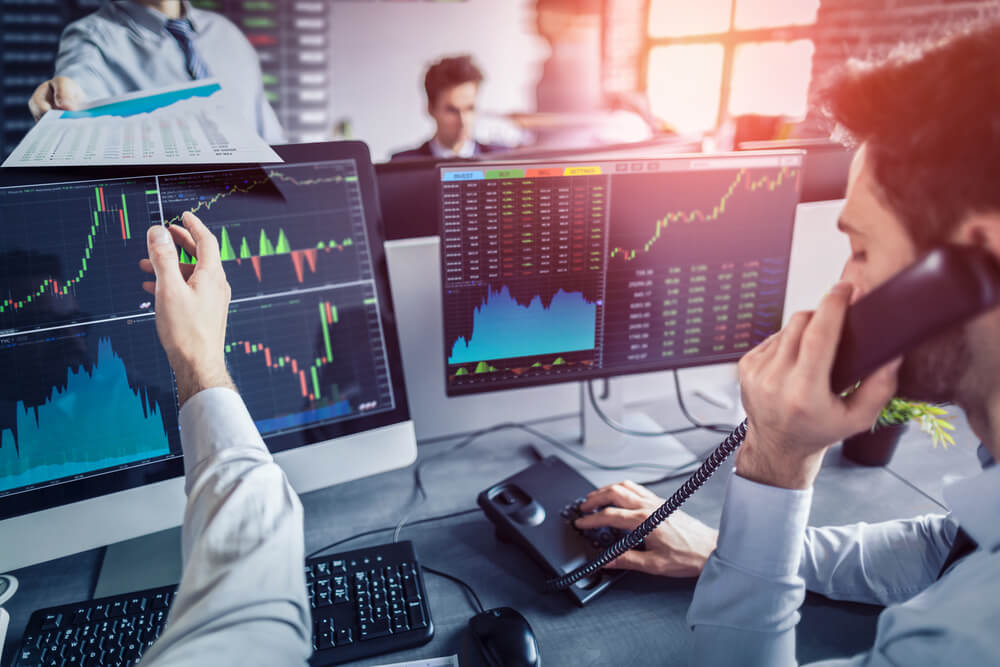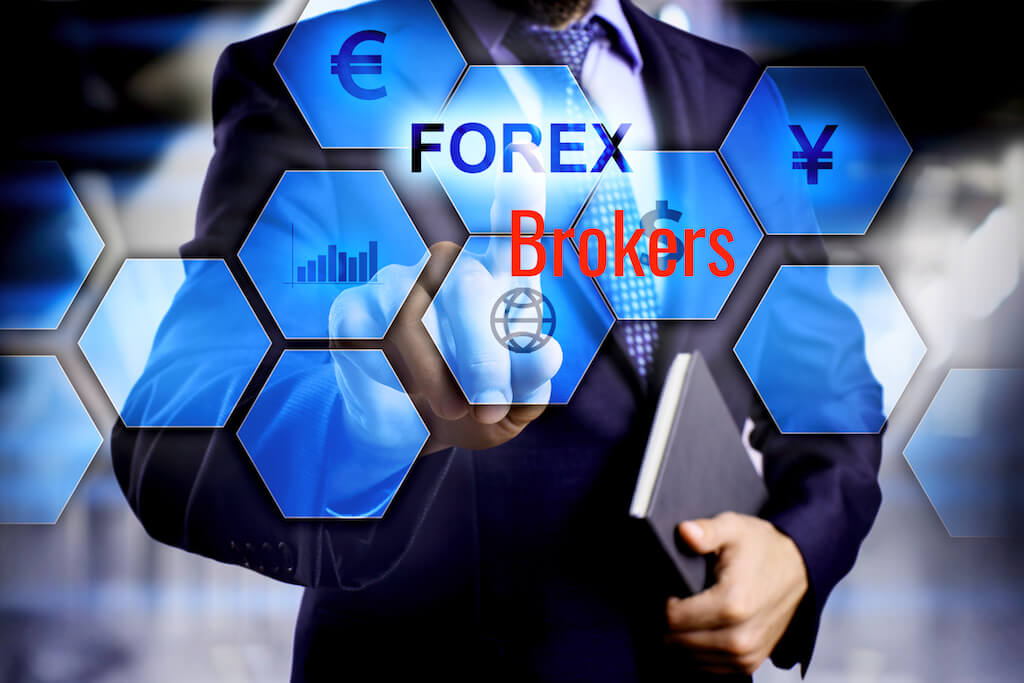Introduction
In the previous lesson, we have discussed the two major classifications of forex brokers – Dealing Desk and No Dealing Desk. In this lesson, we will dig a little deeper and understand the types of No Dealing Desk brokers.
No Dealing Desk brokers can be classified into two types:
- ECN brokers
- STP brokers
What is an ECN broker?
An ECN broker is a forex broker expert that uses electronic communication networks to provide clients with direct access to other participants in the exchange market. Also, since these brokers consolidate prices from several other market participants, they usually offer their clients tighter bid/ask spreads. However, this tight spread is compensated by a small fixed commission charged by the brokers.
ECN brokers are NDD brokers, who do not pass the clients’ orders to market movers. Instead, they find participants in a trade electronically and then pass the orders to liquidity providers.
Understanding ECNs
As the name suggests, ECNs provide a network for buyers and sellers to participate and execute trades in the market electronically. These brokers make this possible by providing access to information on the orders being entered by the participants, and by facilitating the execution of these orders.
This network is designed to match the Buy and Sell orders currently traded in the exchange. And when the price requested by the client is not available, it provides the highest bid and lowest ask in the market.
What is an STP broker?
STP brokers, or Straight Through Processing brokers, are the ones who pass the clients’ orders directly to their liquidity providers. As discussed, the liquidity providers include banks, hedge funds, investment banks, etc. In this system, no intermediary or such will be involved in the execution of the order. Hence, the unavailability of the Dealing Desk makes the broker’s electronic trading platform Straight Through Processing (STP).
Moreover, with the absence of an intermediary (Dealing Desk), the brokers will be able to process orders of the clients much faster and without any delays.
Looking it the other way, STP brokers benefit from having many liquidity providers, because an increase in the number of liquidity providers increases the chances of the orders being filled for their clients.
Additionally, each time a client places a trade through an STP platform, the STP broker will make a profit. As STP brokers do not take the opposite of the clients’ trade, they add a minimal extra spread when quoting a bid/ask rate. And this small markup to the spread is passed to the clients via its electronic platform.
This completes the lesson on different types of No Dealing Desk brokers. Take the quiz below to know if you have got the concepts right.
[wp_quiz id=”54414″]


